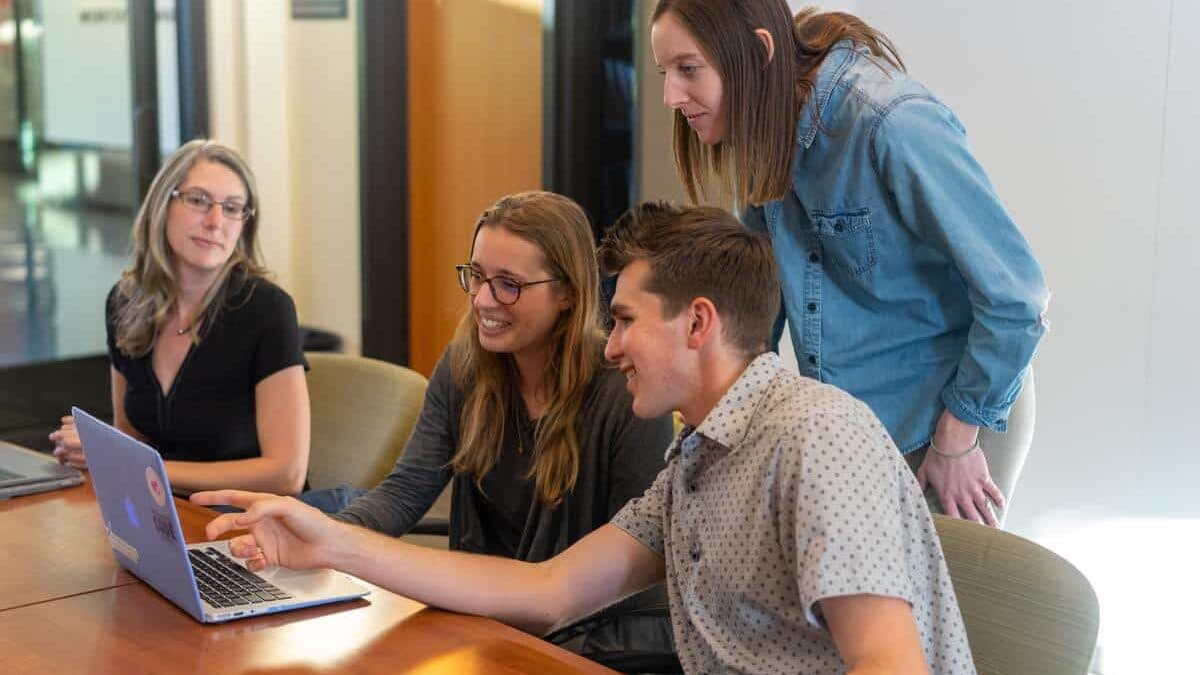Where’s the Australian workforce headed? It’s a topic that will be under the microscope over the next 12 months as the recently installed Albanese government parlays its September 2022 Jobs and Skills Summit into an extended consultation process stretching into 2023.
The issues for discussion now and for the years ahead are significant and wide-ranging. They include keeping unemployment low, boosting productivity and incomes, and addressing skills shortages nationwide.
The latter has been more than a bugbear for organisations of all stripes and sizes since the onset of the Covid crisis in early 2020.
In the intervening two and a half years, employers have to go to unusual lengths to plug skills gaps and persuade candidates to come on board. Tales abound of hospitality businesses unable to open for as many hours as they’d like because of a dearth of kitchen and wait staff, trade businesses offering five-figure sign-on bonuses and agri-businesses struggling to find enough hands to get the harvest in.
Room in the ranks
Almost three per cent of all jobs remained unfilled in the March 2022 quarter, according to the Organisation for Economic Cooperation and Development, which, at that time, pronounced Australia’s labour shortage the second most severe in the developed world.
Try telling local business owners something they don’t already know! An ABS study published in June 2022 revealed that nearly one in three businesses struggled to find suitably skilled staff to fill available roles.
Achievers’ most recent Culture report, which focuses on the Tech Enabled Employee Experience, paints the picture even darker. Its research reveals that 60 per cent of Australian HR leaders are struggling to retain employees in the new world of work.
That trend seems to continue unabated for some time as the so-called Great Resignation rolls on.
The Achievers Workforce Institute’s 2022 Engagement and Retention Report revealed that 49 per cent of employees globally looked for new roles during the pandemic, and 66 per cent were considering doing so during the current calendar year.
Up where we belong
Against this backdrop, pulling out all the stops to attract new starters makes excellent sense. But, for organisations looking to maintain a full complement of qualified and committed staff, it’s only half the answer.
The other half is working harder to hang onto the high calibre people they already have by making them feel acknowledged, included and valued.
How much of a difference does this make? In two words: a lot.
Employees with a strong sense of belonging are three times more likely to be engaged, productive, committed and strong company advocates than those who don’t feel strongly connected with their employer, according to Achievers’ 2022 Culture Report- The Tech-Enabled Employee Experience
Room to improve
There’s ample scope for Australian organisations to up their game in this regard, given only 23 per cent of local workers felt a strong sense of belonging at their organisations when surveyed in 2021.
The same number believed that all employees were equally well placed to advance and succeed, while only 15 per cent of workers felt that their backgrounds and personal identities were valued in the workplace.
Being recognised regularly by management was the exception rather than the rule: less than 20 per cent of employees stated that it happened regularly. Meanwhile, just 11 per cent of survey respondents felt their employers provided them with avenues to foster friendships in the workplace.
Keeping your people in the fold
A year on from the release of the Culture of Belonging Report and any change that has occurred has been mostly for the worst. More than 40 per cent of employees say they’ve felt the impact of labour shortages. Seventy per cent of those have had to take on additional responsibilities without extra pay or promotion, and 69 per cent said they had to work longer hours.
People are doing more but not feeling seen, recognised or rewarded for their efforts; a sure-fire formula for creating a revolving door syndrome, if ever there was one!
According to Achievers’ latest Culture report, only 17 per cent of Australians feel meaningfully recognised and have a strong sense of belonging at work. It behoves businesses to do better if they hope to retain the services of workers who’ve gone above and beyond during the challenging times we’ve lived through since the pandemic began.
Making changes from within can arrest the race to the exit and ensure your team members remain on the payroll and, just as importantly, stay engaged with, and committed to, your organisation.
That starts with acknowledging employees’ lengths to keep things ticking over and making it clear you’re working to alleviate the burden. Taking whatever steps are practical to offer support, resources and assistance – think adjusting deadlines, outsourcing activities and so forth – will help prevent burnout while recognising employees’ efforts in timely, specific, public and values-aligned ways, sending the message that you appreciate and value them.
Last but not least, compensating people fairly for the work they’re delivering will lessen the likelihood of their looking elsewhere.
Stronger together
A high-performing workforce is your greatest asset, and, in today’s times, finding and keeping one has never been harder. That’s why it makes sense to invest in retaining the skilled workers who are already on your team by recognising and rewarding them for the effort they put on. Their level of engagement and the success of your business are inextricably entwined.
Keep up to date with our stories on LinkedIn, Twitter, Facebook and Instagram.

